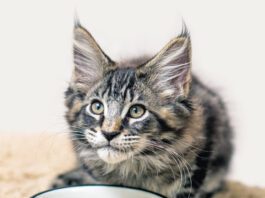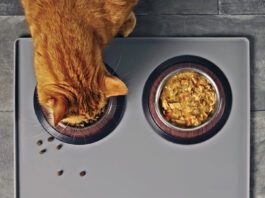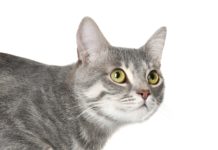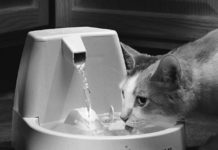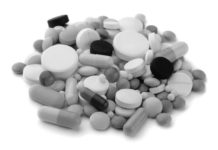Special Feline Nutritional Needs
Who would have guessed feline nutrition could be tricky? Many major nutrients must be consumed by your cat for him to stay healthy. While your cat food likely includes the proper levels of these nutrients, its important for you, as the cat owner, to understand what they are and why they are important.
Five Things to Know About Supplements
Colorful advertisements boasting enticing benefits may compel us to purchase nutritional supplements for our cat. After all, we all want whats best for our kitty. But if youre feeding a quality cat food, youre likely all set. Good cat food manufacturers hire veterinary nutritionists who follow guidelines from the Association of American Feed Control Officials (AAFCO) to ensure that the foods are nutritionally complete and balanced. You shouldnt need to purchase a supplement unless your cat has a specific problem.
5 Notes About Vitamin C and Cats
Vitamin C is an antioxidant
Vitamin B12 for Cats With Intestinal Disease
A study published in the November 2017 Journal of Veterinary Internal Medicine looked at cats admitted to a teaching hospital with gastrointestinal signs and low blood cobalamin (vitamin B12) levels. Twenty cats completed the study.
Hold the Carbs
In an effort to see what difference diet might make to an obese cats blood glucose control, researchers fed three diets-one high in carbohydrates, one high in fats, and one high in protein-to healthy-weight and obese cats and measured plasma levels of glucose, insulin, free fatty acids, and triglycerides. The study, published by BMC Veterinary Research, was done at the University of Zurich.
Senior Cats Need Your Attention
Were fortunate that many cats live well into their teens or even to 20 years of age or more. We generally define senior cats as any cat over 10 years of age. Geriatric cats can remain active and comfortable, but they are prone to certain health conditions. Being aware of these problems, reacting right away to changes, and providing recommended preventive care can all help keep your cat well into her later years.
Could Supplementation Help Cats With Diabetes?
Diabetes mellitus commonly strikes older, obese male cats. In its most common feline form, the pancreas doesnt produce any or enough insulin, a hormone that regulates the flow of glucose used as fuel for a variety of metabolic processes. The patient lacks nourishment, and excess glucose remains in the bloodstream, potentially damaging organs and blood vessels.
The Number 1 Reason for Lackluster Coats
Fur, primarily made of the protein keratin, grows from follicles in the skin. While human follicles each grow a single hair, animal follicles may grow many. Each follicle has an oil gland to lubricate the skin and hair, and to keep the coat lustrous. If your cats coat turns dull and dry, you may suspect a medical problem and make a veterinary appointment. Meanwhile, you might also want to check the labels on his food.
Are Probiotics Right for Your Cat?
Your cats gastrointestinal tract, like yours, is home to billions of bacteria. A healthy GI tract allows the absorption of food, while excluding toxins and disease-producing organisms. Yet malfunctions can sometimes occur. Perhaps your cat slipped outside and ingested a mouse or bird containing parasites that can cause vomiting and diarrhea.
Special Renal Diets Can Lengthen Lives
Chronic kidney disease is common in older cats, with nearly a third of them over 12 affected and the prevalence increasing with age. The disease is incurable, involving the gradual loss of kidney function; however, owners can help slow its progression.
Learn the Truth about Supplements
Manufacturers in the $1-billion pet supplement market would like cat owners to believe that an array of their products, ranging from glucosamine to fish oil to vitamin pills, will help our cats live longer, healthier lives. Whether those supplements are actually effective is not known. Few large-scale studies have been done, and governmental oversight and regulations do not exist.Nutritionist Joseph Wakshlag, DVM, Ph.D., ACVN, ACVSMR, at Cornell University College of Veterinary Medicine believes there is little proof that many of the promotional claims about supplements are accurate; however, one study on deep-sea fish oil has shown it can be beneficial. Dr. Wakshlag, president-elect of the American College of Veterinary Nutrition, explains more about the fish oil study in the sidebar on Page 5 and on supplements in general in the following Q & A.
A Nutritionist’s Top Recommendations
Generally speaking, which supplements are beneficial for cats? Which are essential for their health, especially as they age and need to maintain mobility and cognitive ability?



